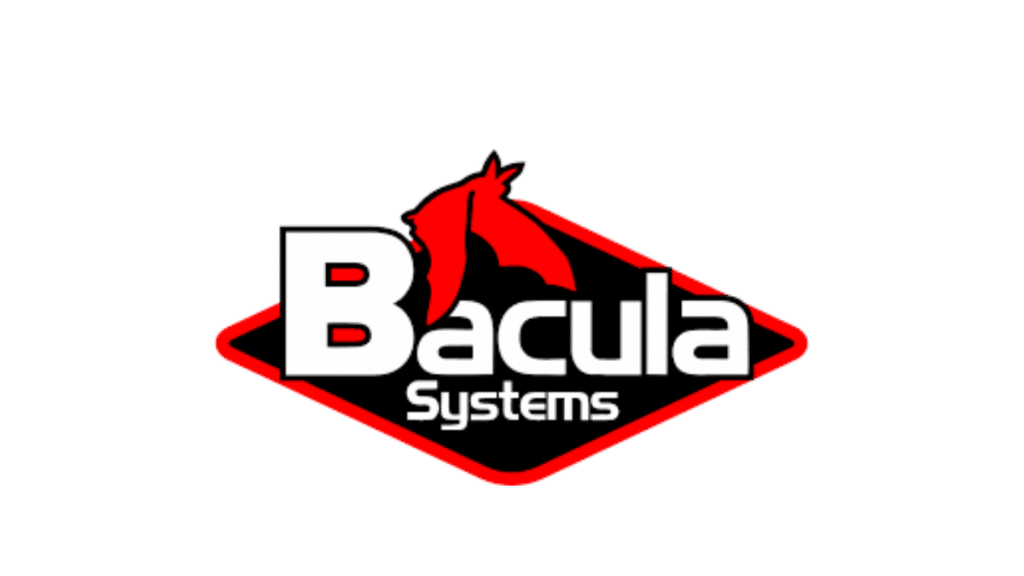MariaDB is a relational database management system that is a fork of MySQL. It is community-developed and built explicitly to stay both free and open-source. MariaDB, just like any other database system, needs to have at least some sort of backup in place to ensure that a single data loss would not erase the entire business at once. There are quite a lot of different backup solutions for relational database management systems out there, but the one that we are focusing on here is Bacula Enterprise and its Maria DB backup module – one of many modules that Bacula Systems has to expand its capabilities several times over.
Bacula’s MariaDB module provides a number of different features to make database backups both faster and easier, while keeping all of the data as secure as possible. MariaDB module supports both dump and binary approaches to backup, while also creating automatic backups of important database information – configuration files, user definitions, and so on.
MariaDB module can also offer Point in Time Recovery feature, and object filtering. This module is also fully integrated with Mariabackup, eliminating the need to lock databases during the backup process, and drastically improving RTOs in general. The restore process is fairly simple – database data is restored to a temporary location and then made consistent using Mariabackup’s specific feature called “Prepare”.
Mariabackup is also how the MariaDB module performs the entirety of its binary backup – without the need to lock databases and with guaranteed backup consistency. As for the dump backup method, it is quite different with the way it works.
First of all, MariaDB’s module uses specific log types that are generated on a regular basis to perform either replication or data recovery tasks (using Point in Time Recovery feature). These log files are also used by the module to perform database backups for each separate database individually. As such, automatic restoration of an entire server that has multiple databases in it can be a rather problematic task, since the module is only supposed to check for each individual database’s consistency, and not for the consistency of the entire server.
Bacula Enterprise’s solution to that problem is to not just save databases themselves, but to also save log files – so that these log files can later be used to check the consistency of the entire server whenever you need. Additionally, there is another way to avoid inconsistent databases after the restoration process – Bacula Enterprise’s all_databases command, which forces every single database to be dumped at the same time, eliminating the possibility of an inconsistency in the first place.
Since we have mentioned both binary and dump backups quite a lot in this article, it would only be fair to compare the two to see the benefits and the weak parts of each backup type. First of all, we can go over things that are similar or identical for both backups.
As such, both of these backups can be performed while the database is online, and both of them ensure database consistency in their own way. Both dump and binary MariaDB backups also support Point in Time Recovery and multiple backup types (full, incremental, differential).
At the same time, there are quite a lot of differences between the two. For example, the dump backup method is smaller in size but takes longer to create the backup file itself, while the binary method is bigger in size but takes less time to create on average. This logic with backup speed also applies to recovery speed, as well, with backups created using the dump method taking more time to restore compared with the binary method.
Despite the fact that the dump backup method may not seem that attractive at first glance, with it being slower than the binary method, it still has its own merits – for example, only the dump backup method supports granular restore in the first place. Additionally, dump is the only method that can restore data to different MariaDB versions – both the newer ones and the older ones (only major MariaDB versions are supported).
As unfortunate as it is, a database going offline for one reason or another is not exactly an uncommon occurrence. This kind of logic makes it rather obvious why the backup system for databases and database management systems is borderline necessary. Bacula Systems acts as a great reliable provider of such systems, offering a massive yet efficient backup solution with plenty of enterprise-grade security features.
Bacula’s MariaDB module is integrated with the database system itself, offering both additional features and high performance across the board. The fact that Bacula Enterprise also has so many other backup types and target storage locations supported makes it even more valuable, since having a centralized single-panel experience for multiple backup types at once is far more effective than managing several different disconnected systems or platforms. Bacula’s platform acts as a great high-grade enterprise-level backup solution for many different use cases, offering versatility, efficiency, and speed in one single package.
